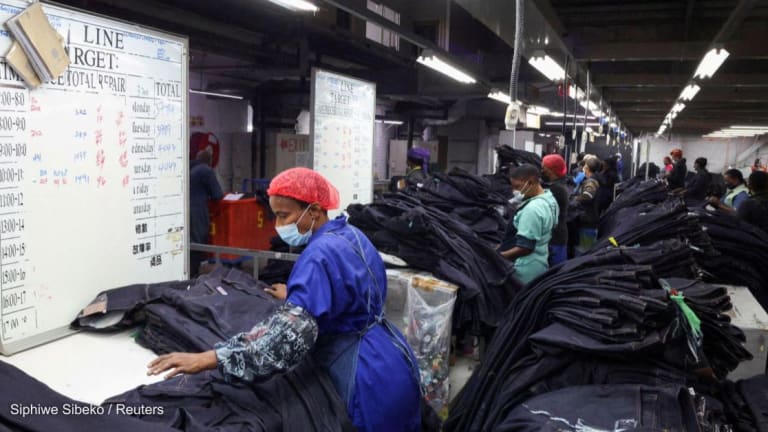
EDITOR’S NOTE: Chris Blattman, assistant professor of political science and economics at Yale University, believes Ethiopia’s unexpected currency devaluation might spur investor uncertainty. But Arvind Subramanian, senior fellow at the Center for Global Development, believes the devaluation can boost the trade sector as it targets structural change.
The ever-vigilant Chris Blattman drew attention yesterday to Ethiopia’s currency devaluation. What was surprising and interesting about this move is that the devaluation was not undertaken under the usual duress of “macroeconomic adjustment.” Typically, in Africa, macroeconomic and foreign exchange crises have been the trigger for devaluation. A devaluation helps because it increases exports and reduces imports, thereby increasing the foreign exchange position of a country; and it also reduces domestic spending and brings it more in line with a country’s production.
In this instance, however, the devaluation seems to target structural change, to boost the tradable sector so that it can provide the basis for long run growth. Chris thinks that the devaluation—especially since it was unexpected—might create investor uncertainty. So, he sees it as a trade-off between promoting structural change and engendering a climate of uncertainty.
I see it differently. Tradable sectors and exports can indeed be key for development. And Saharan Africa’s tradable sectors are handicapped by aid and natural resource revenues, which tend to promote non-tradable sectors and encourage consumption over production (see the evidence in my paper with Raghu Rajan on this). Moreover, countries in the past that have grown sustainedly have had vibrant exports sectors and have had competitive exchange rates (see the evidence in my paper with Simon Johnson and Jonathan Ostry and also in this paper by Dani Rodrik).
So, three slightly different takes on this Ethiopian move would be the following. First, this devaluation can be seen—not as actively favoring or even subsidizing some sectors as it would be in the case of China, for example—but as offsetting a previous distortion (aid and resource revenues). Second, instead of viewing this as creating investor uncertainty, it can perhaps be seen as a credible and durable pre-commitment to promoting structural change (provided of course future actions are consistent with this move). The private sector can be assured that there would be durable advantage in investing in the tradable sector. Finally, the devaluation is heartening if it reflects a realization on the part of African policy-makers that the key to development is structural change but one that is brought about in a market-friendly manner rather than in the dirigiste manner of the past. Watch out for more such moves by other countries.
Re-published with permission by the Center for Global Development. Visit the original article.




